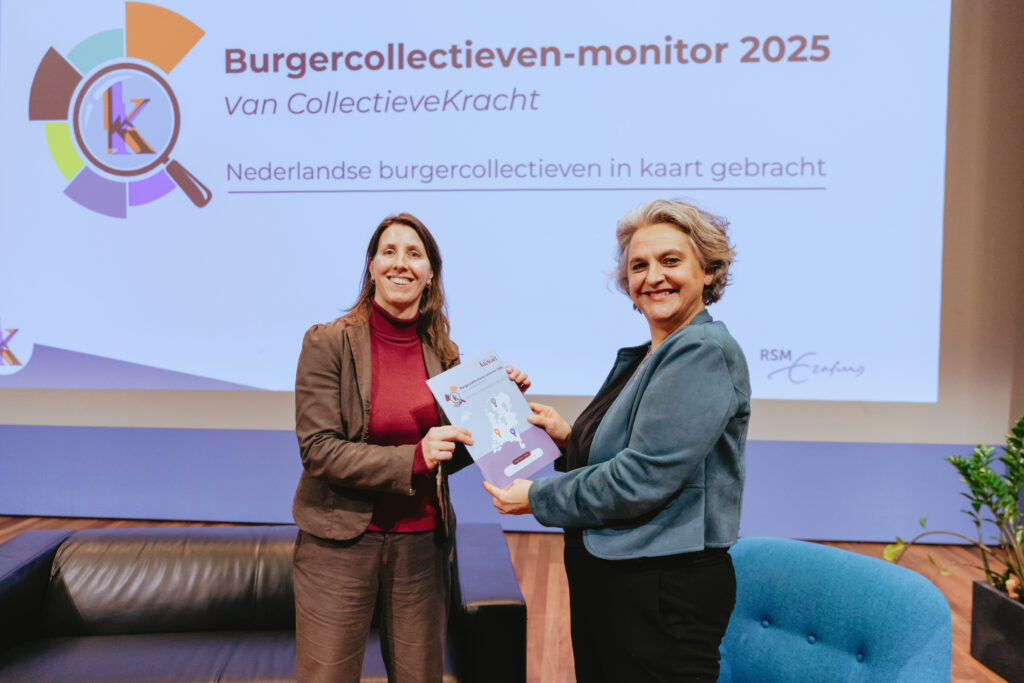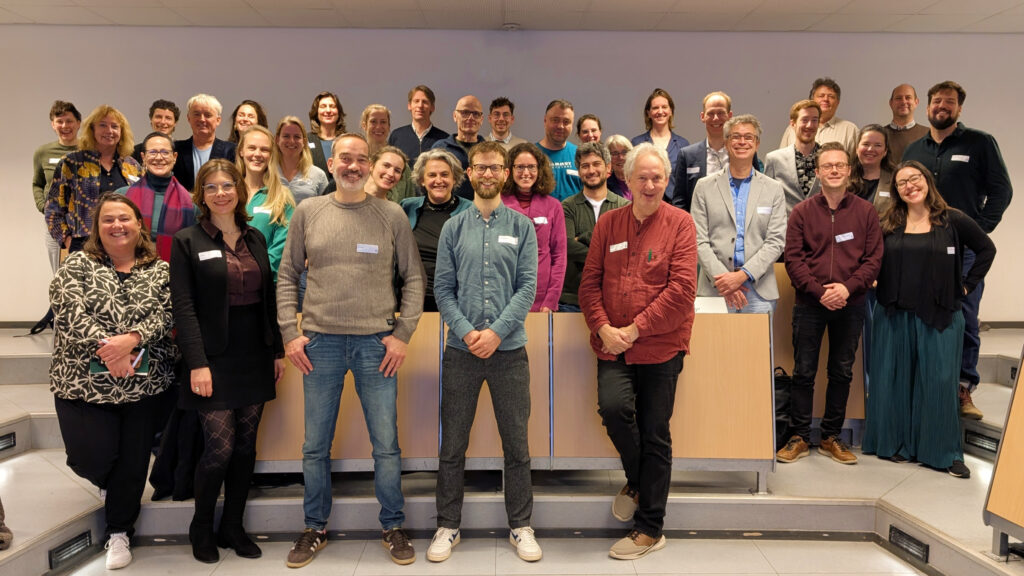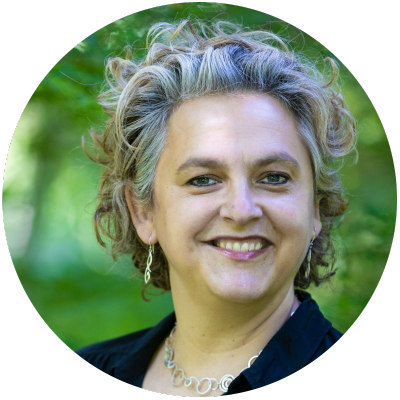
Research project ECCO (Empowering Citizen COllectives in societal transitions) has currently 10 PhD positions open. Professor Tine De Moor will be the promotor of the PhD position: Identifying prosocial effects of participatory decision-making in citizen collectives. This trajectory investigates whether citizen collectives function as “schools for democracy.” It explores how participatory decision-making within citizen collectives influences members’ civic engagement beyond the collective, examining whether democratic practices in cooperatives foster broader pro-social and democratic tendencies in society.
Continue reading






